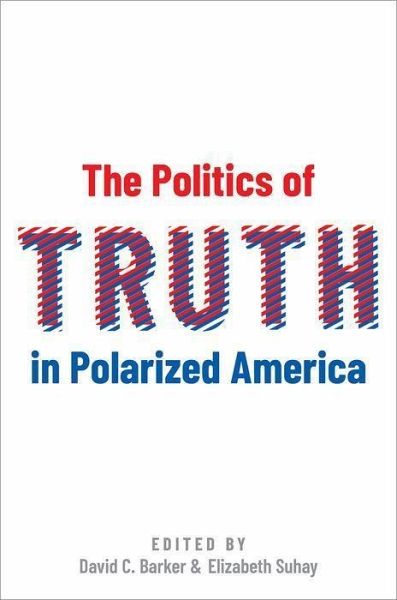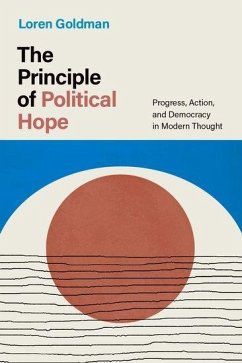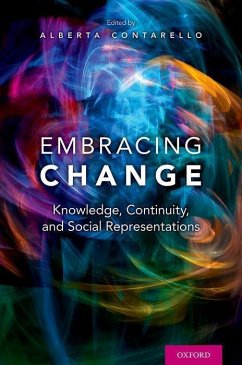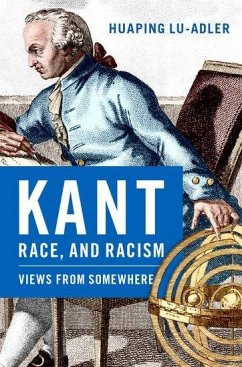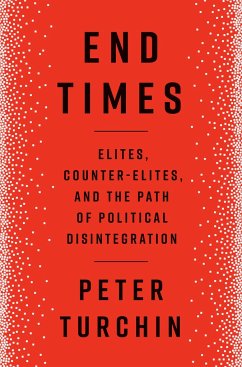David C. Barker is Professor of Government and Director of the Center for Congressional and Presidential Studies at American University, where he co-founded the Program on Legislative Negotiation. He has written extensively on the subjects of American public opinion, electoral behavior, political psychology, political parties, and political governance, including three books: Rushed to Judgment (2002; Columbia University Press), Representing Red and Blue (with Christopher Jan Carman; 2012; Oxford University Press), and One Nation, Two Realities (with Morgan Marietta; 2019; Oxford University Press). His work has been supported by the National Science Foundation, the Hewlett Foundation, and many others. Elizabeth Suhay is Associate Professor of Government at American University. Her research on public opinion, political psychology, and political communication has appeared in The American Journal of Political Science, Journal of Politics, Public Opinion Quarterly, and Political Behavior, among many other peer-reviewed outlets, and it has been supported by the National Science Foundation, the National Academy of Sciences, and the Russell Sage Foundation. She is co-editor of The Oxford Handbook of Electoral Persuasion (with Bernard Grofman and Alexander Trechsel) and the "The Politics of Science" in The ANNALS of the American Academy of Political and Social Science (with James Druckman).
